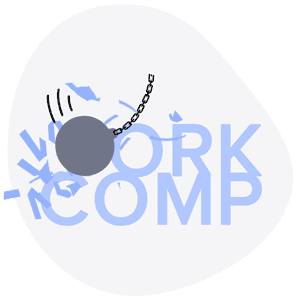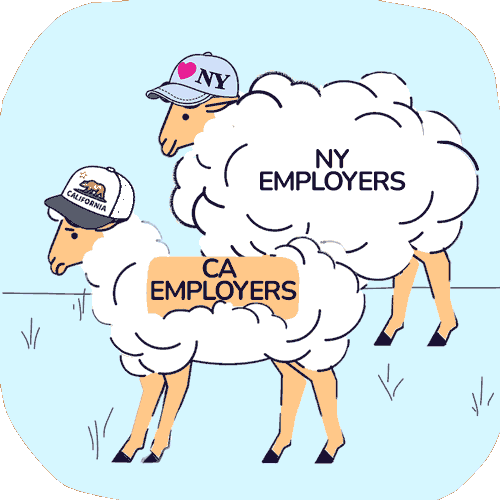NYS: Exceptions to Reporting Requirements

New York State workers’ comp has specific billing and reporting requirements — but every rule has its exceptions.
As explained in a previous article, the Workers’ Compensation Board (WCB) requires providers to include a narrative report with each bill substantiating the charges. Previously, the WCB stressed the importance of three critical elements of the report, failure to include which may result in non-payment:
- The injured workers’ temporary impairment percentage
- The injured workers’ work status
- The causal relationship of the injury
However, the WCB recently announced that the provider’s failure to include one or more of the above should not be the sole basis for denying payment.
According to the WCB, under certain circumstances, one or more of the required elements may not be necessary or applicable. The WCB announced that it may resolve payment disputes in the provider’s favor when the claims administrator’s only objection is that the report is missing one of the elements above.
Read on for details, including exception examples provided by the WCB.
Compliant NYS Billing & Reporting
Since July 1, 2022, workers’ comp providers in New York State must bill using the universal CMS-1500 billing form (beginning in 2025, providers must submit the CMS-1500 electronically through an approved partner like daisyBill).
With the bill, providers must send a report in the form of a medical narrative attachment. The WCB offers an optional template for the report, which includes the three elements providers must have “at the top of, or prominently displayed on” the report: information regarding temporary impairment, work status, and the causal relationship.
However, a November WCB bulletin explains that “There are several instances…in which this information is not as critical to the payer, or the Board, and it is not needed to properly adjudicate the medical bill.” For example:
- A claim in which the injured worker has reached Maximum Medical Improvement (MMI) and a Permanent Partial Disability (PPD) classification has been made
- The provider is not permitted to give a formal opinion on causal relationship or impairment percentage, based on the type of provider
Consequently, the WCB wants payers (and presumably providers) to know:
Payers should not routinely file a Notice of Objection to a Payment of a Bill for Treatment Provided (Form C-8.1B) to deny payment to health care providers solely based on the absence of one or more of these three elements.
Such legal objections may be resolved in favor of health care providers if this is the sole basis for the dispute, and the information is deemed by the Board to be present, clearly implied, or not critical to the administration of the claim at the time of the clinic visit.
Bottom line: while New York providers should always include the three elements discussed here where applicable, failure to do so is not in itself a valid reason for denial of payment.
For questions about e-billing for New York workers’ comp, use the pink chat icon in the bottom right of this screen, or contact us at info@daisybill.com.
Switching to e-billing? daisyBill is on top of NY requirements, and our software is updated to the minute with the latest changes to state fee schedules. Request a demonstration below.
REQUEST DEMO
DaisyBill provides content as an insightful service to its readers and clients. It does not offer legal advice and cannot guarantee the accuracy or suitability of its content for a particular purpose.






.gif)